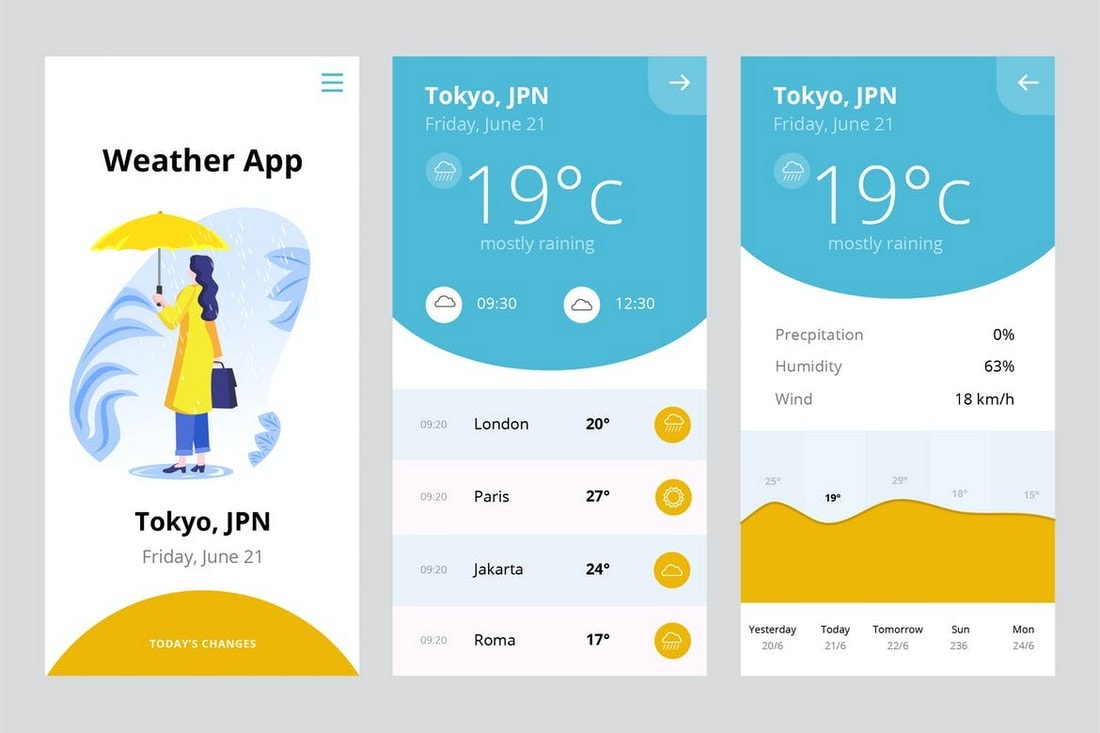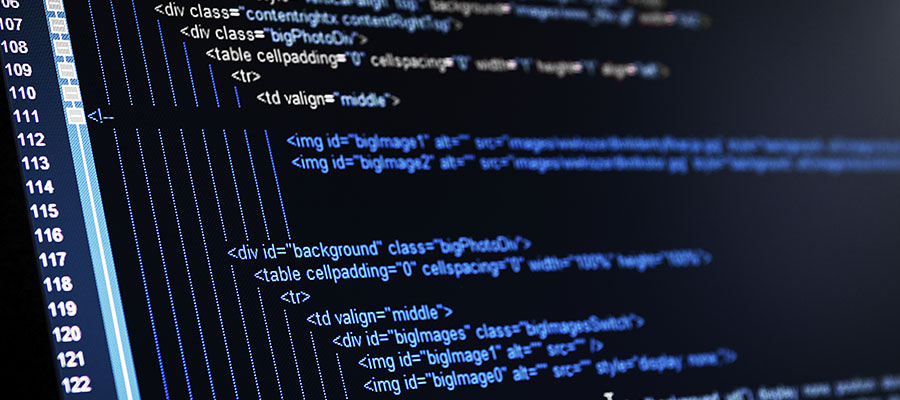Apps have ushered in a new way to use the internet. Just tap the icon, and you are connected to your bank or video chat in an instant.
With smartphone penetration growing around the world, an app has become indispensable if you want to reach out to the 3.5 billion users. Whether you own a burgeoning social media platform or an e-commerce company, it is imperative that you have an app on Google and Apple stores.
Why Is App Development Time Critical?
Most experts focus on the factors driving the cost of developing an app. True, that is a matter of enormous concern to most entrepreneurs.
But there is another equally important aspect rarely explored – how long is it going to take.
Users develop a fascination for an app and publicize their affection on social media. Soon the word spreads, and the app becomes the first mover with considerable advantages.
VCs prefer a first mover and pump in funds. Those who come later might have a better product but can never gain momentum.
In such circumstances, it is crucial that as an entrepreneur, you pay equal attention to app development time and squeeze out efficiency where possible.
It would take anywhere from 4 months to a year to develop a complex app. Clubhouse, the brand new invitation-only audio-chat app, is still in beta testing after a year. But being the first mover, its valuation has soared 10X in 8 months – from $100 million to a billion from May 2020 to January 2021.
Critical Factors That Impact App Development Time
A visually appealing and well-organized app fares better than one that’s not. These are, however, challenging goals.

Source – designshack.net
What appears as user-friendly to the team of developers might seem awkward to an end-user.
The best apps pack in a massive number of features in very few layers. This means generating an architecture that can be coded easily, packed into an app no more than a hundred MB, and fetch data easily from the server.
The only way through this maze is testing the app with sample groups but keeping the number of trials to as few as possible.
It is easy to develop an app that only fetches data. A weather app takes no more than a month to create. All it does is display data from affiliated weather stations.
An app that has an algorithm such as Uber is far harder to develop. Each time someone wants to book a vehicle, the app looks at the nearest driver, the number of trips and distance they have travelled that day, and many more factors.
The initial version of such an algorithm takes months to develop.
If you have an app where the backend has to use a decision engine, time required would be higher.
If there is functional complexity, then the time needed would be prolonged.
Google Pay, with 100 million subscribers, allows payments through QR code scanning, facilitates the transfer of funds, allows the user to pay a gamut of services.
This level of sophistication would take even Google several years to develop. The same also applies to big ecommerce apps such as Amazon.
Apps for Reddit and Quora are, on the other hand, straightforward and look very simple to the website. Their only purpose is scrolling and adding questions. Reddit has even omitted the rich text editor, which allows quotes and bold font from the app.
If your app is region-specific, the timeline is hard to predict.
Thankfully very few apps are region-specific – primarily financial or e-commerce apps. These apps are seldom launched globally. They usually roll out in one country (North America or Europe) and then expand into other zones with customizations as and when required. The entire process may stretch into years.
An essential factor is that these apps require not only time for development but also legal reasons. These services might require registration with authorities in several regions and tie-up with content providers etc.
Most apps (such as Headspace, the most renowned meditation app) do not need a lot of customization beyond the addition of new languages.
At times the process of development comes down to brute force. More the number of developers, the less the time to market.
It is not only the quantity of manpower that matters but also it’s quality.
There are hundreds of thousands of developers (take a peek at UpWork or Github). Very few of them are experienced enough to complete a process from start to finish.
Like most fields, the most talented also tend to be the busiest and most expensive.
That is why the process often comes down to hiring the best supervisors who can train inexperienced developers to do what is needed in a fixed time frame.
A big factor. Android uses Material Design, and iOS uses Human Interface Design. Besides, Android is coded in Java, and iOS requires Swift.
There is no possibility of cloning the app from one platform to another. At most, the basic look might remain the same, but under the hood, it is a new app from the ground up.

source – linknow.com
Android devices have a 3-button navigation bar. iOS, with its stress on neatness, does not. That is why each app has to place its individual back button on the screen.
While Android is heavily dependent on a drawer-based menu, iOS prefers a tab bar that provides a clear view of all submenus.
To accommodate all of these takes time to implement.
App stabilization is a time-consuming process. The more the lines of code, the bigger the possibility of error.
Finding subtle defects takes longer and requires a lot of manpower. Beta testing is one of the best ways to catch bugs before you go for an app store launch.
You might skip extensive testing and launch an app. Instead of testing for four weeks, cut it in half. That works as long as you launch a new version inside a month.
Of course, there is the risk that some users might abandon your platform inside that month. It depends on how long you can afford to delay.
If the app accepts payments or requires personal information (name, age, etc.), you have to take time to bake in adequate security.
Hacking attempts on smart devices is on the rise. It has not reached a tipping point yet, but the environment is ripe for exploits.
The only thing holding back malware is the essential robust nature of Android (essentially Linux kernel) and iOS.
Every phone feature you have access to – keyboard, contact list, camera, mic – means an extra layer of security is necessitated.
Even if it takes an extra week, this aspect cannot be shelved.
You cannot just launch an app. It has to be submitted and reviewed by experts.
Apple App Store has a more stringent process. It can take up to a week for approval.
Android is more lenient. You could get an app approved in a matter of hours or at most a day. Apps are reviewed using automated tools for malware, followed by a human review.
Of course, publishing does not mean approval alone. You also have to suitably design your app store page, provide a website, and have a social media presence.
This stage that combines approval and preliminary marketing could often be shortened if you have a battle plan ready to be implemented as soon as your developers finish testing.
Don’t Rush…
Of course, as an entrepreneur, you want to get your app out there. But it is vital to get it as close to perfect as possible and then proceed with the launch.
If you are looking at a time frame of six months and a buggy app versus eight months and a fine-tuned one, the latter is a better choice.



